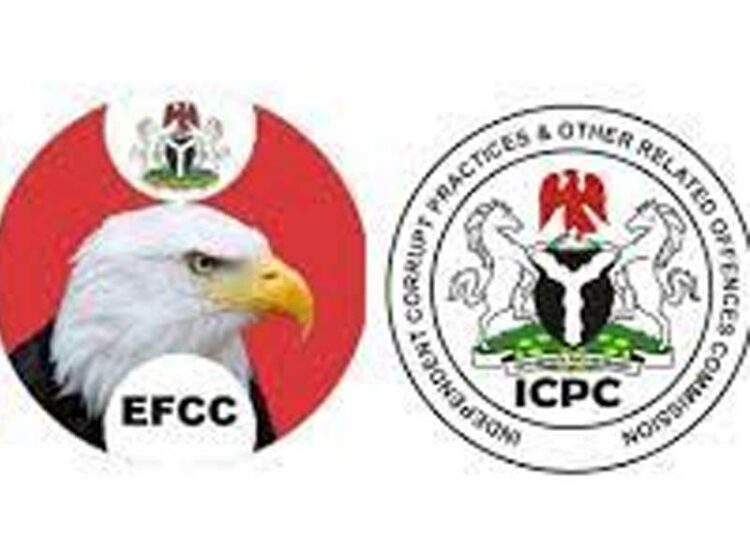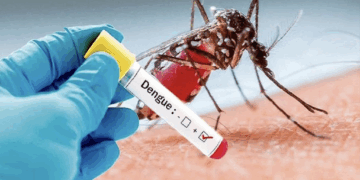The Centre for Media Policy and Accountability (CMPA) has partnered with the Independent Corrupt Practices and Other Related Offences Commission (ICPC), the Economic and Financial Crimes Commission (EFCC), the Bureau of Public Procurement (BPP), and others to access the anti-corruption war and propose solutions for a better way forward.
Speaking at the Centre for Media Policy and Accountability (CMPA) one-day National Policy Dialogue on Anti-corruption in Abuja, the executive director of the centre, Dr Suleiman A. Suleiman, said the essence of the national dialogue is to guide anti-corruption performance in Nigeria, noting that the Nigerian public always suffers the impression that the anti-corruption agencies are not doing anything, hence the need to bridge the gap.
He further stated that the recovery of 150,500 square metres, containing 753 Units of duplexes and other apartments by the Economic and Financial Crimes Commission (EFCC) would be interpreted by citizens that corruption is plenty in Nigeria.
According to him, “While Nigerian anti-corruption agencies believe they are doing relatively well in tackling corruption in the country, civil society organizations, the media and the Nigerian public tend to believe that there has been this gap in understanding of anti-corruption performance between anti-corruption agencies and on the one hand.
“Therefore, this is precisely what we have the project plan to do to bring anti-corruption agencies, civil society organizations, the Nigerian public and the media together so that we can collectively fashion how best to report anti-corruption performances in the region.
“Let me give an example. We learned in the news that the EFCC has recovered over 700 estimated housing units from somebody through the courts as part of its anti-corruption records.
“There is no doubt that this is a massive achievement in anti-corruption in the country, but you see, at the same time, misinformation also means that corruption is very plenty, and therefore the researchers and experts that are relating corruption in the country, once they see reports of corruption like this in the media, as far as they are concerned, it means that they see a lot of corruption in the country. So what that means is that in trying to do good, we sometimes inevitably do a bit of harm.”
Also speaking, the director general of the Bureau for Public Procurement (BPP), Dr Adebowale Adedokun, declared an end to the era where the same contractors win public projects year-in-year-out, sidelining other qualified contractors registered on the federal government database.
He admitted that the processes had never been transparent and promised inclusive processes going forward.
He added that the agency is on the verge of introducing the e-procurement process to limit human factors and make it more transparent for other sister agencies to monitor.
Also, the chairman of the Independent Corrupt Practices and Other Related Offences Commission (ICPC), Dr Musa Adamu Aliyu, called for collaborative efforts to tackle corruption.
The EFCC representative, the director of public affairs Wilson Uwajaren, said the recovery of the 753 duplexes took a lot of work, which means the anti-corruption war is far from over.





